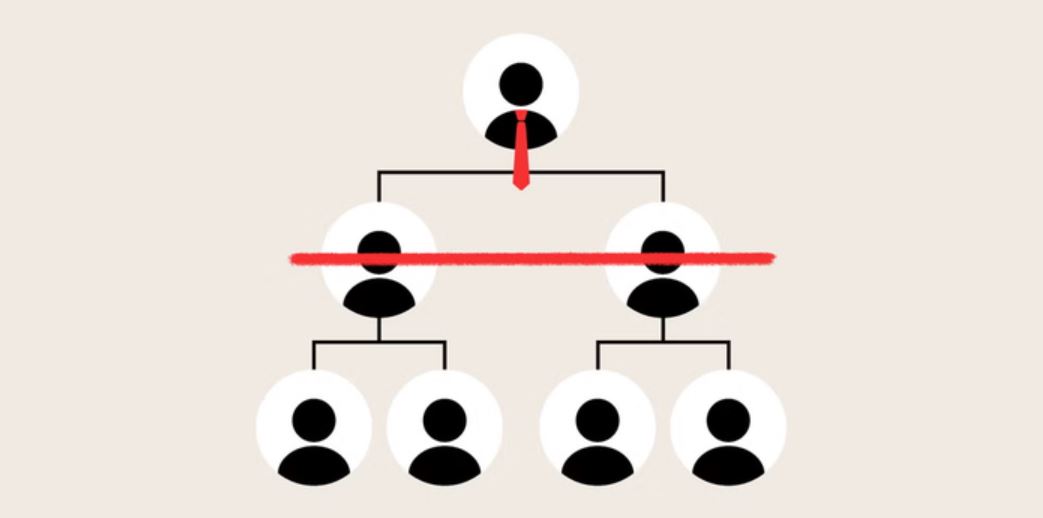 Have you ever felt overwhelmed by layers of management? Microsoft’s VP for AI Platform, Asha Sharma, imagines a near future where AI agents take on routine task delegation, rendering traditional organisational charts almost obsolete. On “Lenny’s Podcast,” she explained how organisations might shift from static hierarchies of boxes and arrows to fluid “work charts” that prioritise key tasks and efficiency.
Have you ever felt overwhelmed by layers of management? Microsoft’s VP for AI Platform, Asha Sharma, imagines a near future where AI agents take on routine task delegation, rendering traditional organisational charts almost obsolete. On “Lenny’s Podcast,” she explained how organisations might shift from static hierarchies of boxes and arrows to fluid “work charts” that prioritise key tasks and efficiency.
With AI integrated into everyday workflows, tasks could automatically reach the right human-AI teams, bypassing several managerial layers. Sharma noted, “The whole kind of organisational construct might start to look different in a few years,” hinting at a reduced reliance on middle management. This shift prompts real questions about how tasks will be routed, how AI performance can be tracked, and what measures are needed to adjust approaches on the fly.
Think about it: soon, you might show up with your personal “agent stack,” much like you would with a smartphone, unlocking a wider spectrum of skills and abilities at work. This isn’t just theory—tech giants like Microsoft, Intel, Amazon, and Google have already been trimming management layers to cut down on bureaucracy, and they’re now exploring AI as another tool to drive efficiency.
The conversation extends into practical realms. Retool CEO David Hsu pointed out that major firms such as Boston Consulting Group and Amazon Web Services are testing AI to manage tasks typically handled by middle management. In some cases, even roles like sales management might see a shift as AI-driven “agent managers” provide unbiased, data-driven feedback.
For anyone navigating today’s corporate landscape, these changes offer a promising glimpse into a more agile future that values productivity over red tape.








